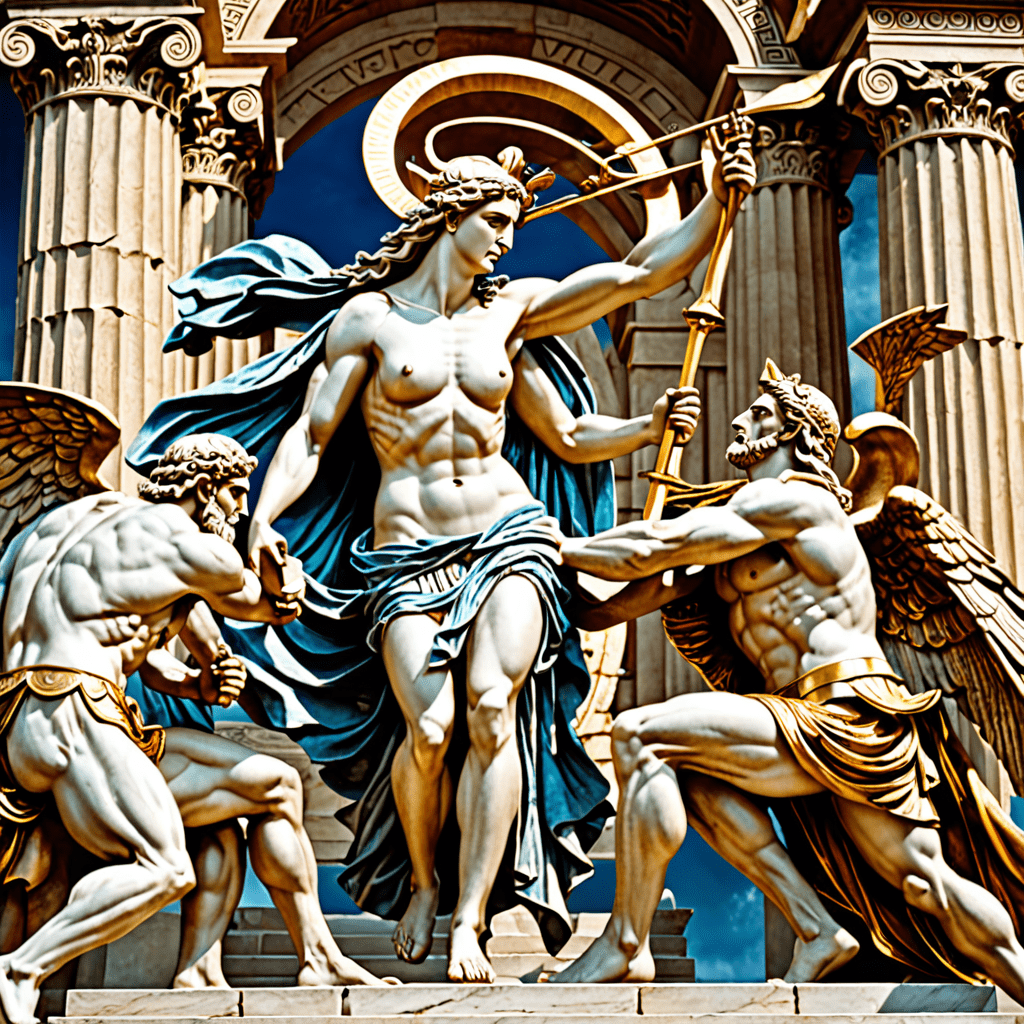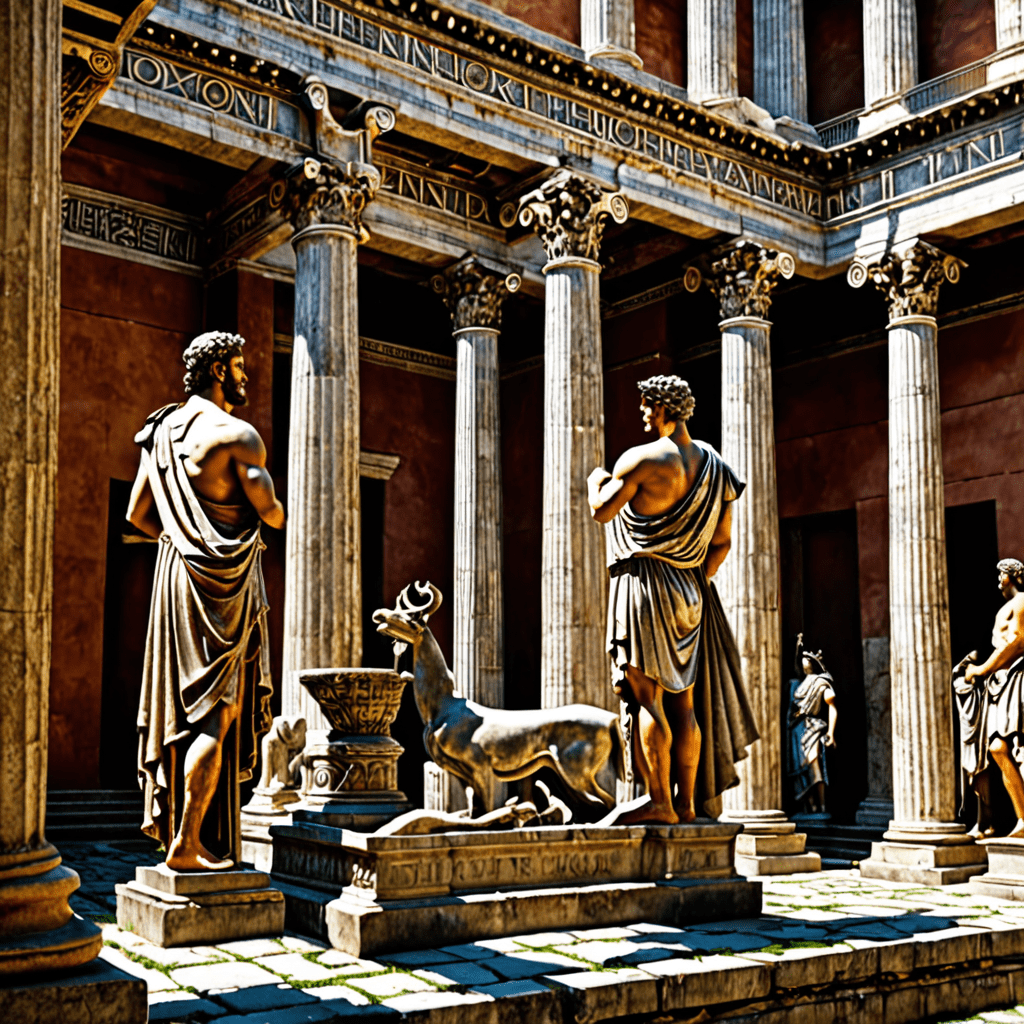The Intriguing Link Between Greek Mythology and the Concept of Communication
Discovering the Roots of Communication in Ancient Greek Mythology
Communication, as we understand it today, has deeply rooted connections in the captivating world of Greek mythology. The gods and goddesses of ancient Greece were known for their exceptional communication skills, using various mediums to convey messages, warnings, and prophecies. In Greek myths, Hermes, the messenger god, played a pivotal role in communication between the divine realm and mortal world. His legendary winged sandals granted him incredible speed, emphasizing the importance of swift and effective communication – a concept still valued in modern times.
The Role of Storytelling and Oracles in Ancient Greece
In Greek mythology, storytelling was a powerful tool for conveying messages and preserving cultural beliefs. Mythical tales were passed down through generations, shaping societal values and norms. Oracles, such as the famous Oracle of Delphi, acted as communication channels between humans and the gods, providing insights and guidance on important matters. The revered Pythia at Delphi was believed to communicate the prophecies of Apollo, demonstrating the significant role communication played in decision-making and belief systems.
Symbols and Metaphors: The Language of Greek Mythology
Greek mythology is rich in symbolism and metaphor, where gods, heroes, and creatures represented abstract concepts and human experiences. Each myth carried hidden messages and moral lessons, challenging individuals to interpret and derive meaning from the stories. By understanding the symbolic language of myths, the ancient Greeks communicated complex ideas and emotions that transcended verbal expression, enriching their understanding of the world and themselves.
Impacting Modern Communication: Lessons from Greek Mythology
The profound influence of Greek mythology on modern communication strategies is undeniable. The art of storytelling, utilization of symbols, and emphasis on effective messaging continue to shape how we communicate in the contemporary world. By exploring the nuances of communication in Greek mythology, we glean valuable insights into the power of words, the significance of symbolism, and the essence of clear and impactful messages. Drawing inspiration from the ancient Greeks, we can enhance our own communication practices and engage in meaningful interactions that resonate with authenticity and depth.

FAQs About Greek Mythology and Communication
What role does communication play in Greek mythology?
Communication in Greek mythology is often portrayed through interactions between gods, heroes, and mortals. It serves as a crucial tool for conveying messages, prophecies, and divine will, shaping the destinies of characters and influencing the outcomes of their quests and challenges.
How do gods in Greek mythology communicate with each other?
In Greek mythology, gods communicate through various means, including direct speech, messages conveyed by messengers, dreams, omens, and oracles. They often use intermediaries such as Hermes, the messenger god, to convey their will and exchange information among themselves.
What role do oracles play in communication within Greek mythology?
Oracles, such as the famous Oracle of Delphi, act as channels through which gods communicate with mortals. Priestesses or prophets receive divine messages and convey prophecies or advice, influencing the decisions and actions of heroes and rulers in the mythological world.
How does Greek mythology illustrate the power of effective communication?
Greek myths often highlight the consequences of both clear and misunderstood communication. Stories like the Trojan War, influenced by misinterpreted prophecies, emphasize the importance of precise and accurate communication to avoid tragic outcomes and misunderstandings among characters.



